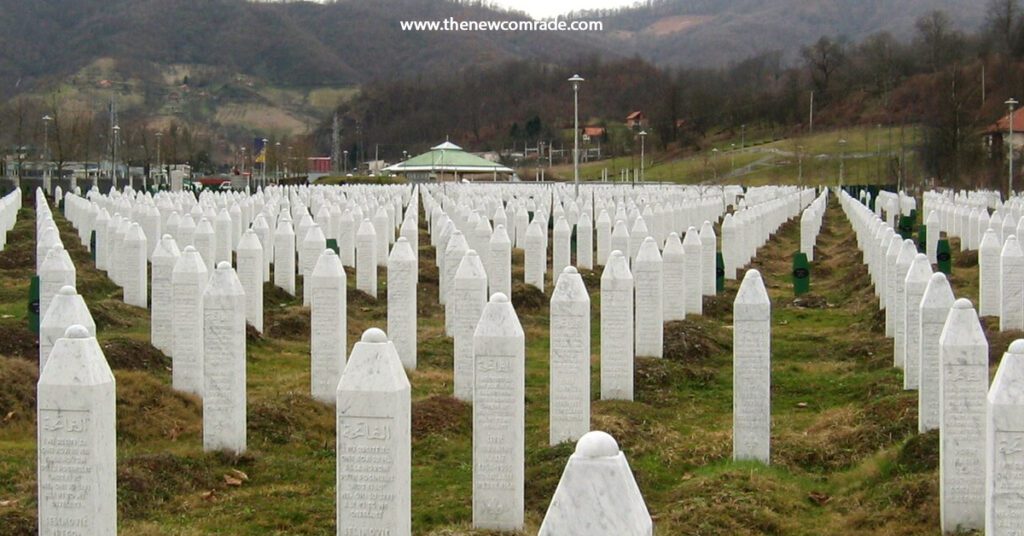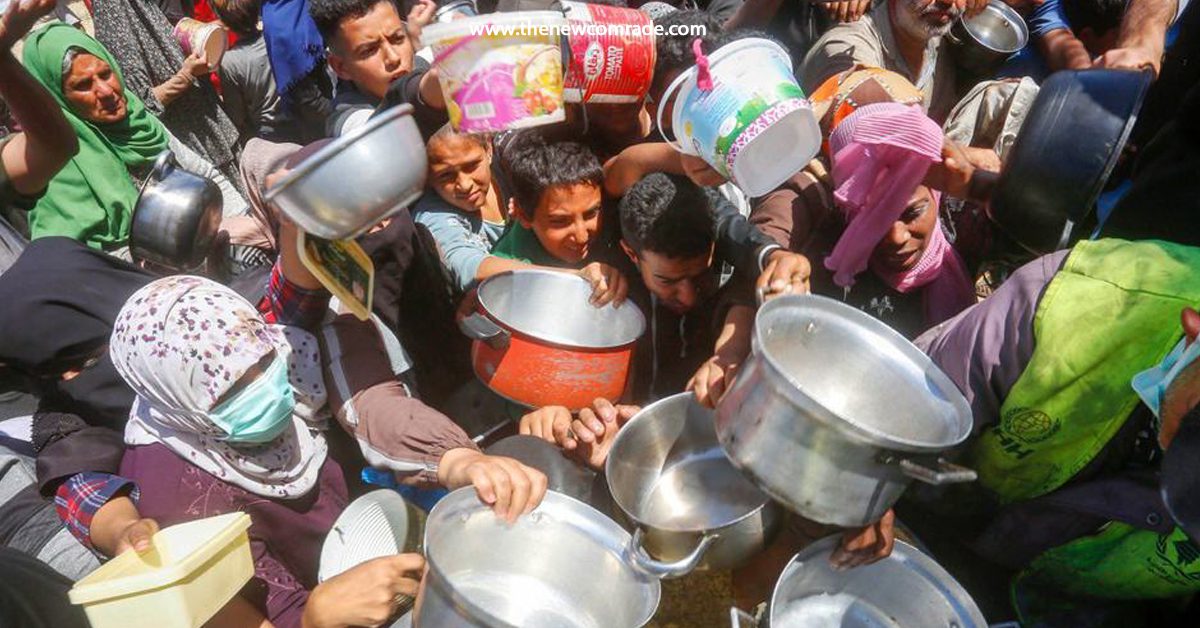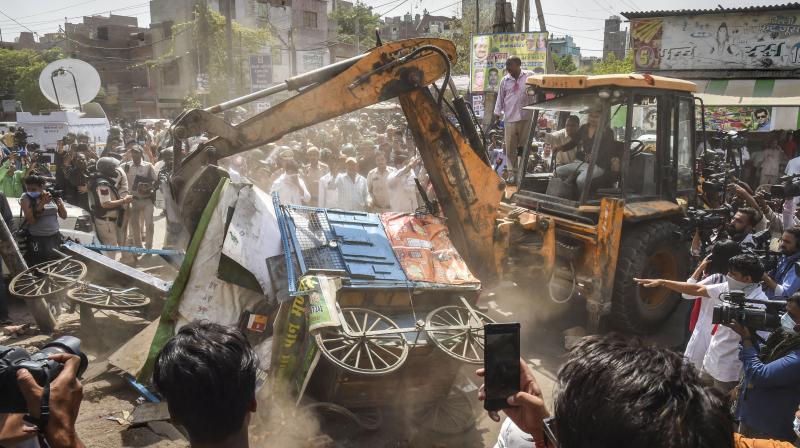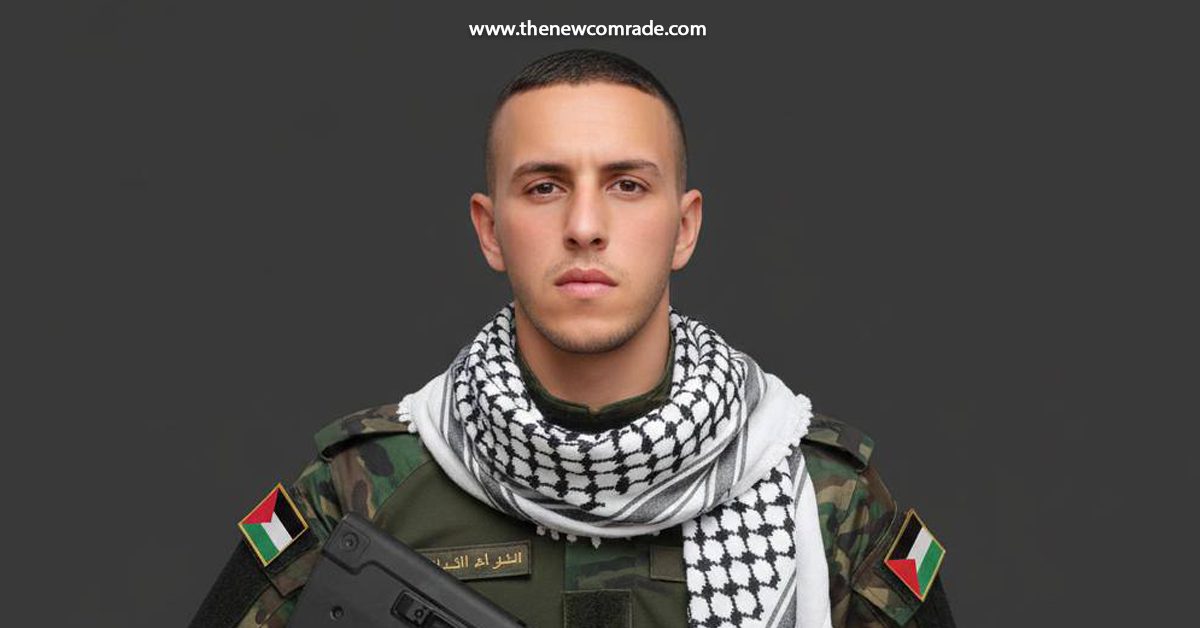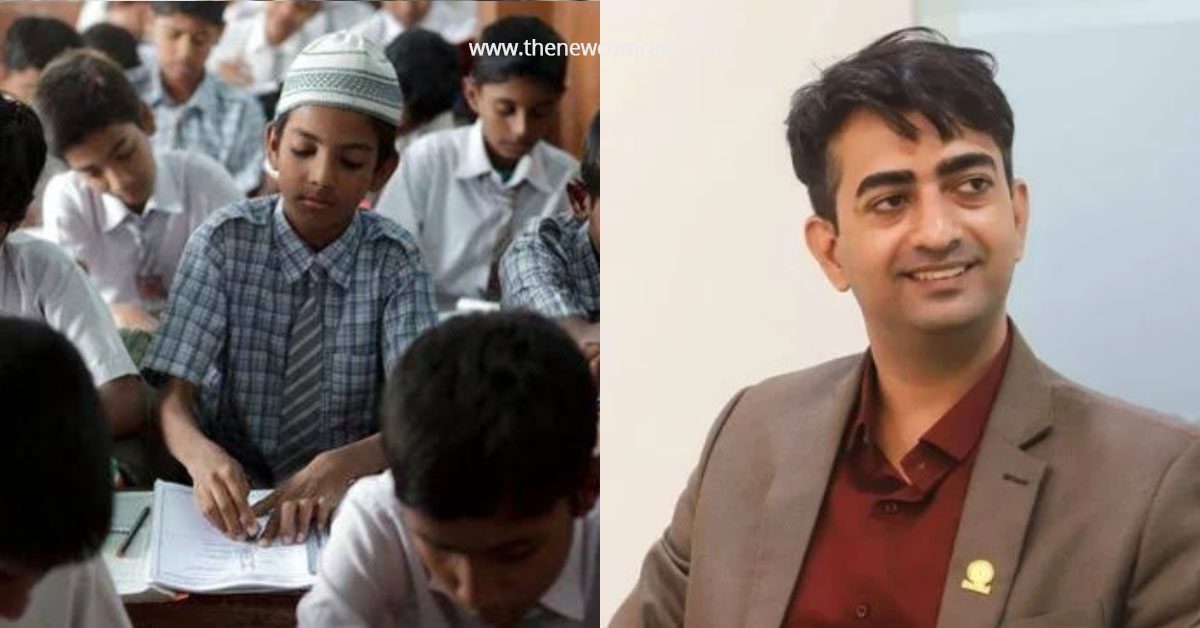Thirty years ago, a genocide was committed against the people of Bosnia. All factual evidence confirms that it was carried out by Serbian forces.
Not mentioned, generally, is that — according to numerous sources, including General Guillaume Ancel [1], who served in the French NATO contingent at the time — France and the United States stood by and allowed it to happen. Ancel recounts having requested military intervention over a hundred times in six months to stop Serbian atrocities, but was nevergranted permission to act [2].

It was only in 1995 — after horrific images of the massacres were broadcast and public outcry reached a boiling point by the then standards — that NATO intervened to control crimes that had been ongoing for three years.
In the meantime, from the earliest days of Serbian occupation of Bosnian territory, volunteers from North Africa, West Asia, Caucasia and beyond began to arrive. They organised as a mujahidin force to defend and help liberate the Bosnian people. For NATO, and especially for the Europeans, this self-proclaimed army, which responded to the appeals of Muslim military leaders, like Khattab and Shamil Basayev, themselves under the orders of the official Bosnian army led by Alija Izetbegović – constituted a source of distress that they sought to abort at all costs. Dayton Accords, imposed by international powers to Serbia to end the conflict, stipulated in their very first annex that all mujahidin – called “freedom fighters”- had to leave Bosnian territory within 30 days after the coming into force [3].

Images from that era are still vivid — news broadcasts showing skeletal, naked Bosnians imprisoned in camps, and mujahidin fighting from the mountains, in knee-deep snow. It was a period of deep mourning in many Muslim households across Europe.
Twenty years later, during the 2015 commemorations, I noticed something striking: nowhere was there any mention of those fighters. I even began to wonder if the role of the mujahidin had been overstated in our community narratives.
That same year, I visited Bosnia-Herzegovina. To my surprise, I discovered that the memory of the Bosnian people vividly preserved the presence of the mujahidin. When locals would ask us where we were from and we answered, “From Morocco,” their faces lit up. With a thumbs-up gesture, they would say, “Mujahidin! you people saved us.”
The image they retained of these fighters was so high placed that they had almost idolised entire peoples — especially Arabs.
So why, then, have those remembered by Bosnians as their liberators been erased from the dominant historical narrative? Why, in the many museums and memorials — lavishly funded by the UN, whose logo is everywhere — was there no trace of these men, as I could notice during the course of my extensive visits?

After the war, alongside the legal proceedings that condemned Serbian generals, complaints were filed against the mujahidin for crime allegations against Serbian civilians — including rape and abuse. But none of these complaints led to convictions, not even at the Hague Tribunal, which had ample resources to investigate [4].
What could be, therefore, asserted is this: for four years, in the heart of Europe, just thirty years ago, a jehad took place, without abuses, carried out by thousands of Muslim men whose aim was to liberate Bosnia’s Muslim population. But this is a jehad no one will ever speak of. Instead, what is obsessively discussed — and grotesquely amplified — is the ultra-minority, self-proclaimed jehad of ISIS, whose violence feeds Western fantasies about Muslim barbarism [5].
We have a duty of remembrance when it comes to the genocide of Bosnians, as we do for all genocides. But remembrance also demands a commitment to preserving historical truths. On this day of commemoration, I feel compelled to honour the memory of my brothers — the mujahidin who came to Bosnia’s aid. Many died. Most of the remaining left the country quickly after the Dayton Accords. Those among them who had families there were allowed to stay and were naturalised. Unfortunately, despite their direct involvement in saving the Bosnian people, many of them were poised to face brutal harassment. Take the notorious case of Algerian Six [6] – they were Algerian volunteers who were illegally deported after ‘September 11 incidents’ from Bosnia, where they lived with their families, to Guantanamo, imprisoned for several years without charge or conviction. In 2006, as Bosnia moved closer to the European Union, others were targetted: the EU demanded their denaturalisation and expulsion, even after years of peaceful residence, despite significant risks of being imprisoned and tortured in their countries of origin [7]. This was the case of Imad Al Husein, a Syrian who was the subject of a support campaign by Amnesty International [8], and who spent several years in a closed centre during the procedures to contest his expulsion, before finally being released under extremely strict.
Now that we commemorate thirty years since those massacres, serious questions regarding right to self-determination and right of self-defence become relevant more than ever in the current context of a misleading discourse harping on ‘inclusion’, coupled with ever-increasing violence against Muslims.

[1] Ancel, G. (2017). Vent glacial sur Sarajevo (Collection Mémoires de Guerre). Paris : Les Belles Lettres.
[2] Guillaume Ancel explained these facts during an interview on the program Grand Angle on TV5 Monde channel on october 18 2007 : https://information.tv5monde.com/international/siege-de-sarajevo-le-jeu-trouble-de-la-france-27586?fbclid=IwY2xjawLhpFJleHRuA2FlbQIxMABicmlkETE0TUhUcVFjamRwaEJJMlN0AR6A5sCqOS6VRXLQXxtt0OYh2qfZiTZD_GL8c1Mx3g73w0PMHBiSmtnW8Qu0NA_aem_BOJ55tauhaaLhOGYvWLuTQ
[3] Organisation for Security and Co-operation in Europe. (1995, 14 décembre). The General Framework Agreement for Peace in Bosnia and Herzegovina [Dayton Peace Agreement]. OSCE. https://www.osce.org/files/f/documents/e/0/126173.pdf
[4] Manuell, J., & Kontić, A. (2002). Transitional justice: the prosecution of war crimes in Bosnia and Herzegovina under the ‘Rules of the Road’. Yearbook of International Humanitarian Law, 5, 331-343. We want to clarify that we are talking about the called moujahideen, that is, foreign fighters only. Three Bosnian commanders have indeed prosecuted : two were acquitted, and only one was convicter of torturing Serbian soldiers.
[5] Mohamedou, M.-M. O. M. (2018). A Theory of ISIS: Political Violence and the Transformation of the Global Order. Pluto Press.
[6] The Algerian Six : https://www.huffpost.com/entry/the-algerian-six_b_267586
[7] La Bosnie expulse ses moujahidin :https://www.liberation.fr/planete/2007/05/17/la-bosnie-expulse-ses-moudjahidin_93331/?fbclid=IwY2xjawLh0g5leHRuA2FlbQIxMABicmlkETE0TUhUcVFjamRwaEJJMlN0AR4jf1x405u9jg-FgqdAer3IQ1UOBVgW1W07gp1p2NE3CUZvlO7Iumq5u-cCCA_aem_AsVHd31bmyJ9RHVDdejqSQ
[8] https://www.amnesty.org/fr/wp-content/uploads/sites/8/2021/06/eur630052008fra.pdf
